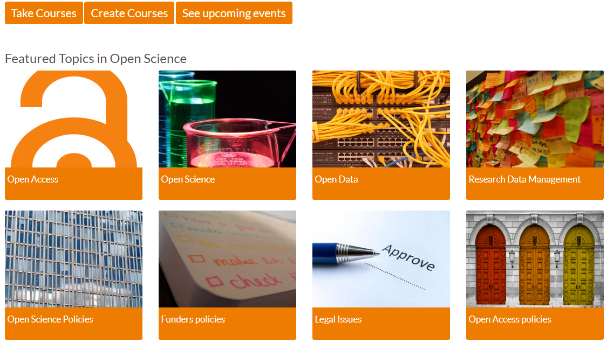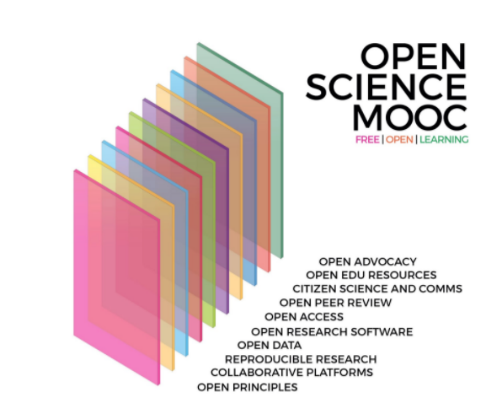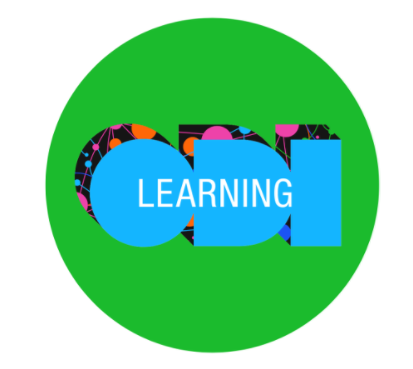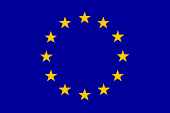Putting Open Science into Practice
A key objective for this phase of the FOSTER project is to develop a training resource targeted towards early career researchers. To this end, we are currently working to develop a set of courses addressing key Open Science topics. The training resource will be comprised of ten courses in the first instance but can be extended to include additional modules over the longer term.
Targeted at researchers, the courses will aim to progress researchers from being aware of Open Science to being able to put Open Science into practice in their daily workflows. The resource will not provide comprehensive coverage of all possible issues that may fall under a given course but rather will provide focussed, practical and, where relevant, discipline specific examples to try and answer some of the burning questions researchers have about practicing Open Science. Courses will include interactive content to ensure the training is engaging and that capability can be assessed for issue of a badge upon completion.
The courses we are currently developing include:
- What is Open Science?
- Best Practice in Open Research
- Open Peer Review
- Data Protection and Ethics
- Licensing
- Managing and Sharing Research Data
- Open source software and workflows
- Open Science and Innovation
- Open Access Publishing
- Sharing Preprints
The full list of training courses is available for comment.
In addition to the ten stand-alone courses listed, we will develop learning pathways through the course content to help researchers to hone their skills in specific areas. The five learning pathways we’ve defined are:
- The Reproducible Research Practitioner
- The Responsible Data Sharer
- The Open Peer Reviewer
- The Open Access Author
- The Open Innovator
We are reusing training content deposited with the FOSTER portal during the first phase of the project (2014-2016) and working with our discipline specific partners representing the arts and humanities, social sciences, and life sciences to provide relevant examples. All content will be openly licensed and easy to download / reuse.
To avoid duplicating effort and to maximise our shared efforts, we are collaborating with a range of related training initiatives such as the Open Science MOOC being developed by Jon Tennant as well as European Research Infrastructures offering training and guidance on aspects of Open Science such as DARIAH. We have opted to align with the effective delivery format developed by the ODI in their eLearning Institute. We will make use of Adapt - the same authoring tool that was used to create the ODI eLearning Institute content – and will work to make our resources interoperable to provide a greater range of Open Science content for researchers to tap into.
If you think you have practical or discipline specific content or case studies that would be worth using in the training resource we’d love to hear from you!
---------




 Unless otherwise stated, all materials created by the FOSTER consortium are licensed under a CREATIVE COMMONS
ATTRIBUTION 4.0 INTERNATIONAL LICENSE.
Unless otherwise stated, all materials created by the FOSTER consortium are licensed under a CREATIVE COMMONS
ATTRIBUTION 4.0 INTERNATIONAL LICENSE.
 This project has received funding from the European Union’s Seventh Framework Programme for research,
technological development and demonstration under grant agreement no 612425.
This project has received funding from the European Union’s Seventh Framework Programme for research,
technological development and demonstration under grant agreement no 612425.